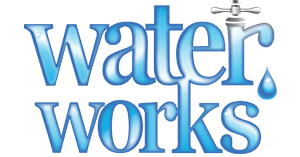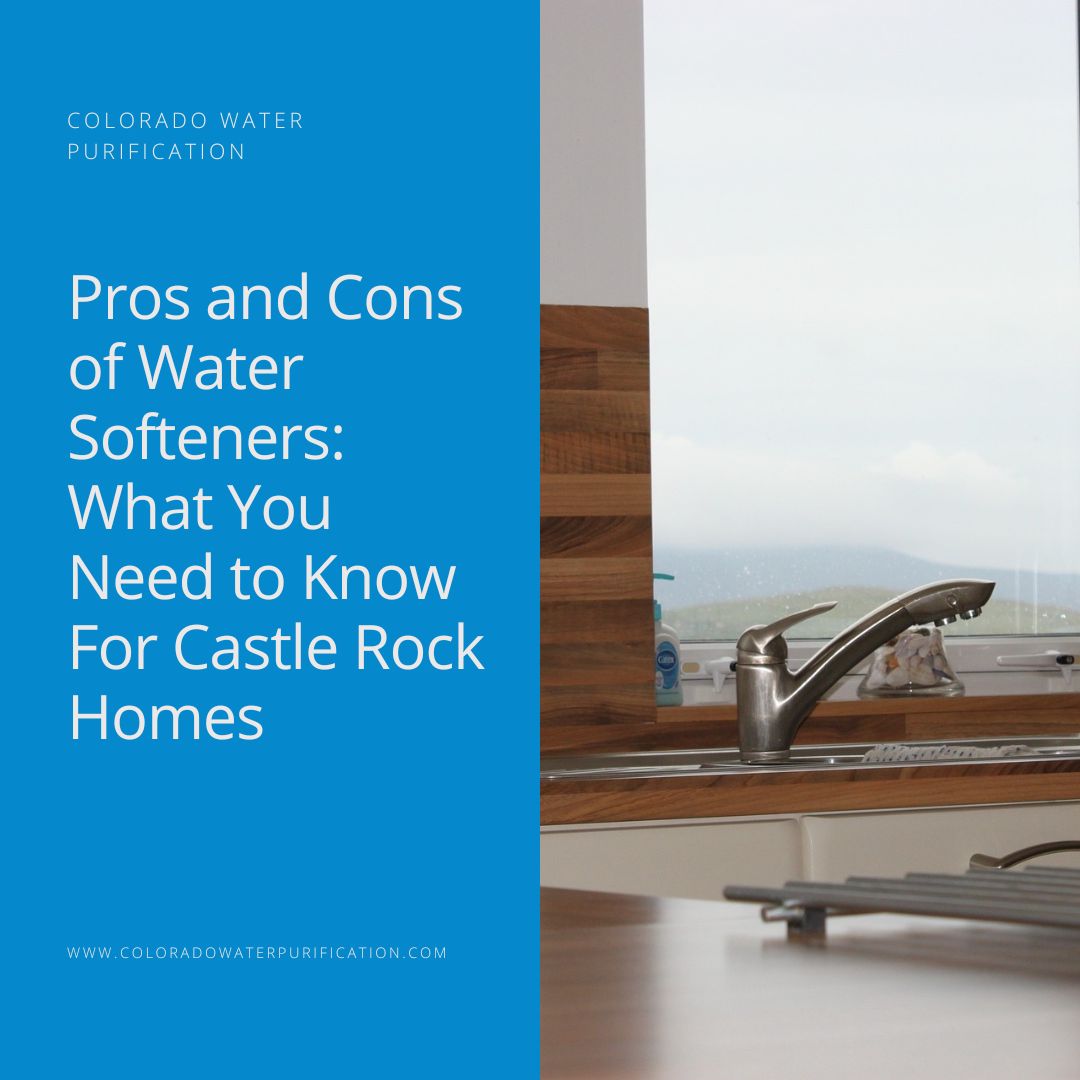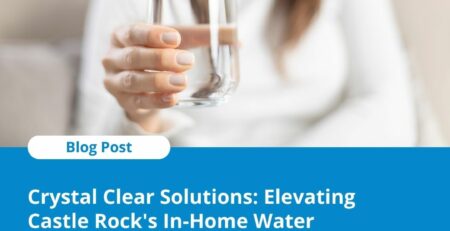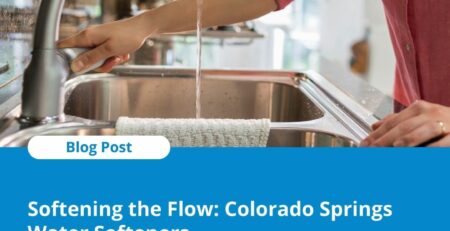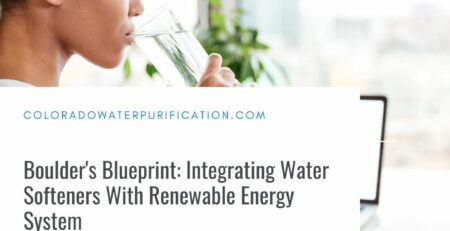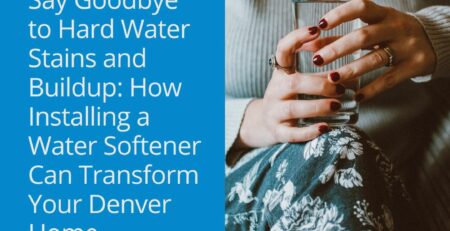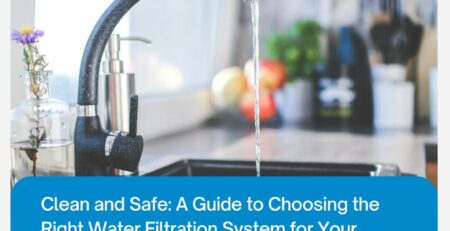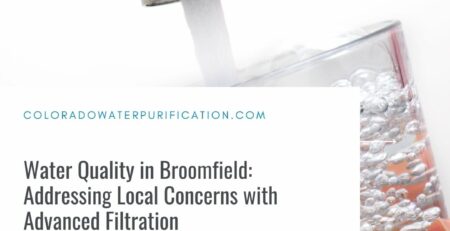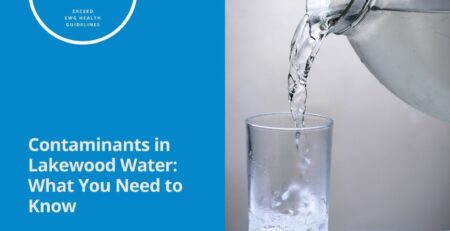Pros and Cons of Water Softeners: What You Need to Know For Castle Rock Homes
Do you have hard water? You might if you live in Castle Rock- or anywhere else in Colorado for that matter. According to the US Geological Survey, about 85% of the United States has hard water. What exactly is hard water? Hard water is simply water with high mineral content. These minerals- calcium, magnesium, and sometimes iron- can be beneficial to your health. However, they can also cause problems in your home. That’s why many people invest in water softeners. Water softeners remove these minerals from your water, making it softer. But are they worth the investment? In this blog post, we’ll explore the pros and cons of water softeners so you can make an informed decision for your Castle Rock home. Thanks for reading!
Define what a water softener is and how it works
A water softener is a device that eliminates hard minerals found in tap water. It works by filtering out the calcium, magnesium, and other ions that build up in pipes and are responsible for limescale and cause hard water. Water softeners use an ion exchange process to replace these minerals with sodium or potassium which acts as a cleaning agent. This makes cleaning easier and more efficient, as well as helps appliances last longer. Softeners also help protect plumbing systems from damage and they can even improve the taste of water. Additionally, many people experience shorter showers because soft water washes away soap quickly. Overall, this device is beneficial in many ways both economically and physically.
List the pros of having a water softener, such as reducing soap scum buildup and extending the life of appliances
A water softener is a beneficial tool for households, as it does far more than reduce the amount of hard minerals in your drinking water. Having a water softener installed can reduce soap scum buildup on things such as plates and glasses which helps significantly with cleaning and maintenance. Additionally, appliances that rely on water, such as sinks, showers, dishwashers, and washing machines benefit from having softer water. This means they will last longer and require less repairs due to wear-and-tear buildup caused by hard minerals in water. In environments with typically hard water like cities surrounded by limestone or areas near reservoirs or natural springs, these are especially essential benefits to having a water softener system installed at home.
Note the cons of water softeners, like the high initial cost and maintenance required
Water softeners are a great way to reduce the negative effects of hard water on various appliances, pipes, and even skin. While the idea of softer water may sound appealing, there are drawbacks to using a water softener system. These drawbacks include the high initial installation cost and the need for regular maintenance. The maintenance is especially important to track in order to maintain optimal performance over time, as it involves filling up the salt tank used for regeneration and draining off accumulated brine. Although this can be an inconvenience, it is very important in order that your system runs efficiently over time and provides you with long-term benefits.
Summarize by saying that while there are some downsides to water softeners, they can be beneficial for many homeowners
Water softeners come with a variety of benefits, which make them attractive to many homeowners. Softened water can help decrease wear and tear on fixtures, pipes, and clothing, as well as give you a superior-quality wash when it comes to clothes. Having softened water also lets you use less detergent and even get away with using cold water for washing loads instead of hot water, which can reduce energy bills. Generally speaking, having softer water makes it easier for households to take better care of their plumbing infrastructure too. Although there are drawbacks associated with water softening, such as the need for maintenance or increase in salt consumption and wastewater output, if you weigh your options between no treatment and softening the water going into your home then it is often beneficial for many homeowners.
Give advice on how to choose the right water softener for your home
When it comes to selecting a water softener for your home, you need to pay attention to several key factors in order to make an informed decision. Make sure you do your research so you know what type of system best suits your home’s needs. Also take note of the brand, cost and size of the unit; if it is too small or too expensive, it will not benefit you as much as it should. For example, a larger family household may require a bigger system that can filter more water at once than a one-person household would. Furthermore, always read customer reviews and talk to service reps with knowledge about these systems in order to get an understanding of the quality and performance. With some careful due diligence, choosing the right water softener for your home can be easy!
In conclusion, while home water softeners do come with some notable downsides like high upfront costs and regular maintenance, there’s plenty of potential upside for homeowners. Those pros include reducing soap scum buildup and extending the life of appliances like washing machines and dishwashers. To get the most out of your water softener system, it’s important to take some time to select the right one for your home. Don’t be deterred by the initial installation costs or maintenance requirements; a good water softener can provide numerous benefits when used properly. If you need help choosing a system that’s suitable for your needs, consider speaking with an experienced plumber. They will be able to answer any questions you have and provide expert advice on finding the best option for you. Lastly, if you ever find yourself needing assistance regarding your water softener system, don’t hesitate to give us a call!
